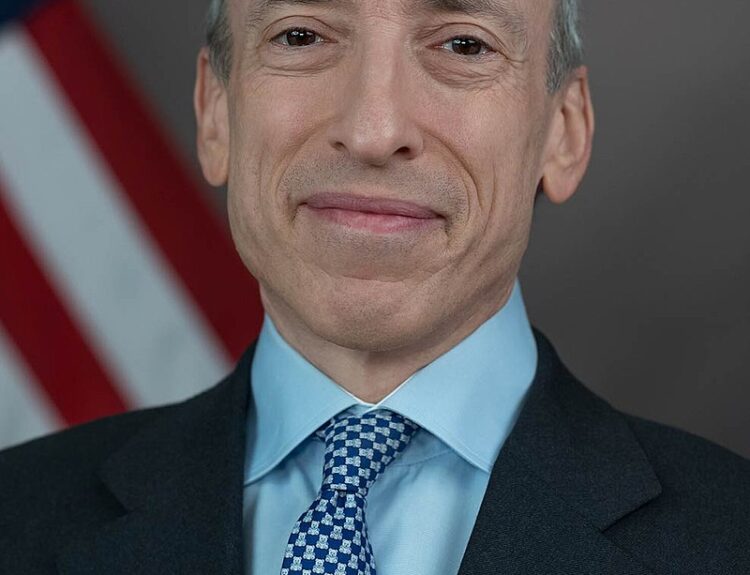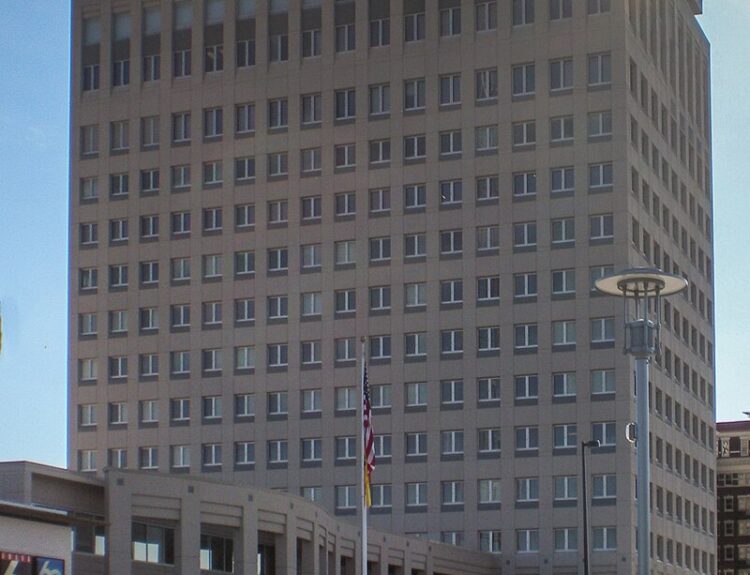Accounting change impacts Bank of America’s financials
- Bank of America recognizes $1.6 billion charge in Q4
- Charge related to discontinuation of Bloomberg Short-Term Bank Yield Index
- Non-cash, pretax charge presented in revenue through market making
- Net impact of charge to be recognized back in interest income until 2026
- Charge lowers Bank of America’s common equity tier 1 ratio by 8 basis points
- Accounting change due to transition from BSBY to SOFR
Bank of America will recognize a $1.6 billion charge in the fourth quarter related to the transition away from the London Interbank Offered Rate benchmark. The charge is specifically related to the discontinuation of the Bloomberg Short-Term Bank Yield Index (BSBY). This non-cash, pretax charge will be presented in revenue through market making and similar activities. The net impact of the charge will be recognized back in interest income over various periods until 2026. As a result of this charge, Bank of America’s common equity tier 1 ratio has been lowered by eight basis points as of December 31. The accounting change is due to the expectation that interest payments on the BSBY-indexed loans will change to the Secured Overnight Financing Rate (SOFR), another alternative reference rate to LIBOR. While this change will have a nominal impact on the economics of the loans, it has significant implications for Bank of America’s financials.
Public Companies: Bank of America (BAC)
Private Companies:
Key People:
Factuality Level: 8
Justification: The article provides specific details about Bank of America recognizing a $1.6 billion charge related to the transition away from the London Interbank Offered Rate benchmark. It mentions the discontinuation of an alternative reference rate, the Bloomberg Short-Term Bank Yield Index, and explains that the charge is related to the de-designation of interest-rate swaps used in cash flow hedges. The article also mentions that the charge will be presented in revenue through market making and similar activities, and that the net impact of the charge will be recognized back in interest income over various periods until 2026. It states that the charge lowered Bank of America’s common equity tier 1 ratio by eight basis points. The article explains that the accounting change is due to the expectation that interest payments on the BSBY-indexed loans will change to SOFR, another alternative reference rate to LIBOR, and that this will have a nominal impact on the economics of the loans. Overall, the article provides specific and factual information about the charge and its impact on Bank of America.
Noise Level: 7
Justification: The article provides some relevant information about Bank of America recognizing a $1.6 billion charge related to the transition away from LIBOR. However, it lacks in-depth analysis, scientific rigor, and evidence to support its claims. It also does not provide actionable insights or explore the consequences of this decision on those who bear the risks. The article stays on topic but lacks sufficient context and explanation.
Financial Relevance: Yes
Financial Markets Impacted: Bank of America
Presence of Extreme Event: No
Nature of Extreme Event: No
Impact Rating of the Extreme Event: No
Justification: The article pertains to Bank of America recognizing a $1.6 billion charge related to the transition away from the London Interbank Offered Rate benchmark. This financial event impacts Bank of America and its financial markets. There is no mention of an extreme event in the article.
 www.marketwatch.com
www.marketwatch.com 





